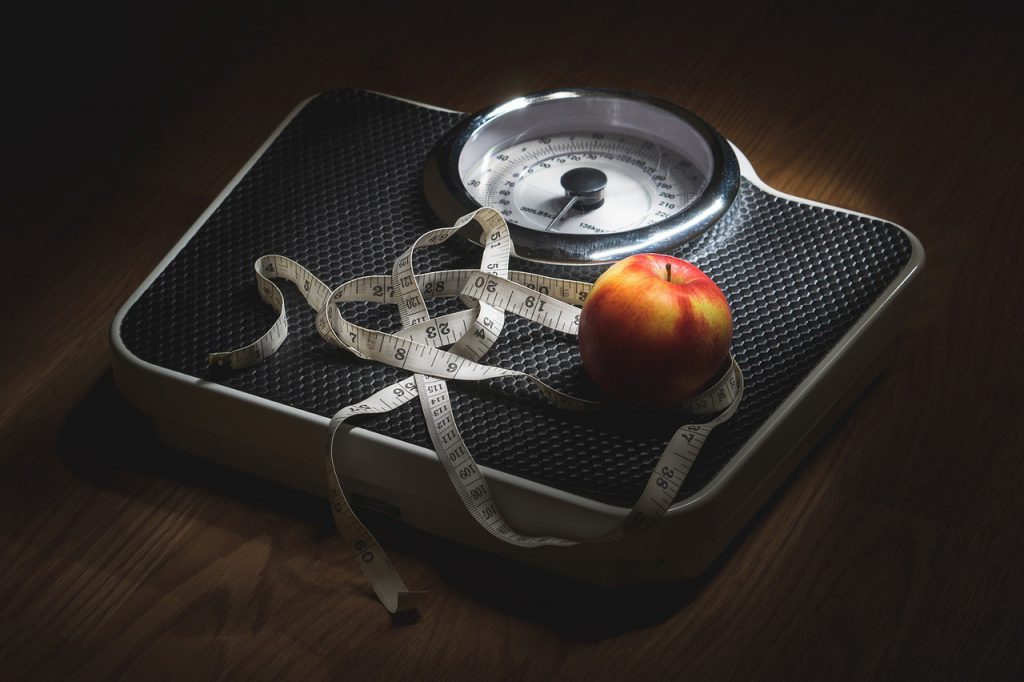January is coming and it’s the time of year when a lot of people make new years resolutions, usually based on some form of nutrition or exercise goals. Resolutions are great but often the motivation doesn’t last long, and this is usually due to unrealistic goal setting. Often we see people falling for fad diets, meal plans or exercise plans at this time of year, that can usually lead to short term success, but have no support to maintain results long term.
The internet is full of nutrition information which can often be misleading or not right for your individualised needs, leading to poorer adherence to your goals. Instead, we have created a list of nutrition tips that are easy to develop into long term habits that will lead to great results and you being more likely to reach your goals.
So here goes with five New Years Resolutions, you can actually keep!

